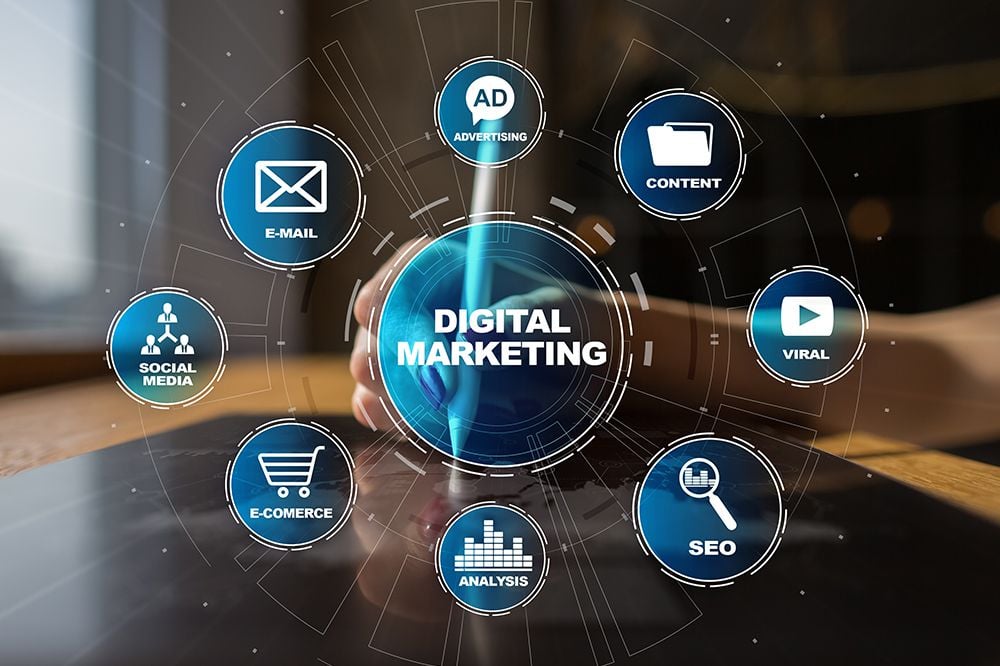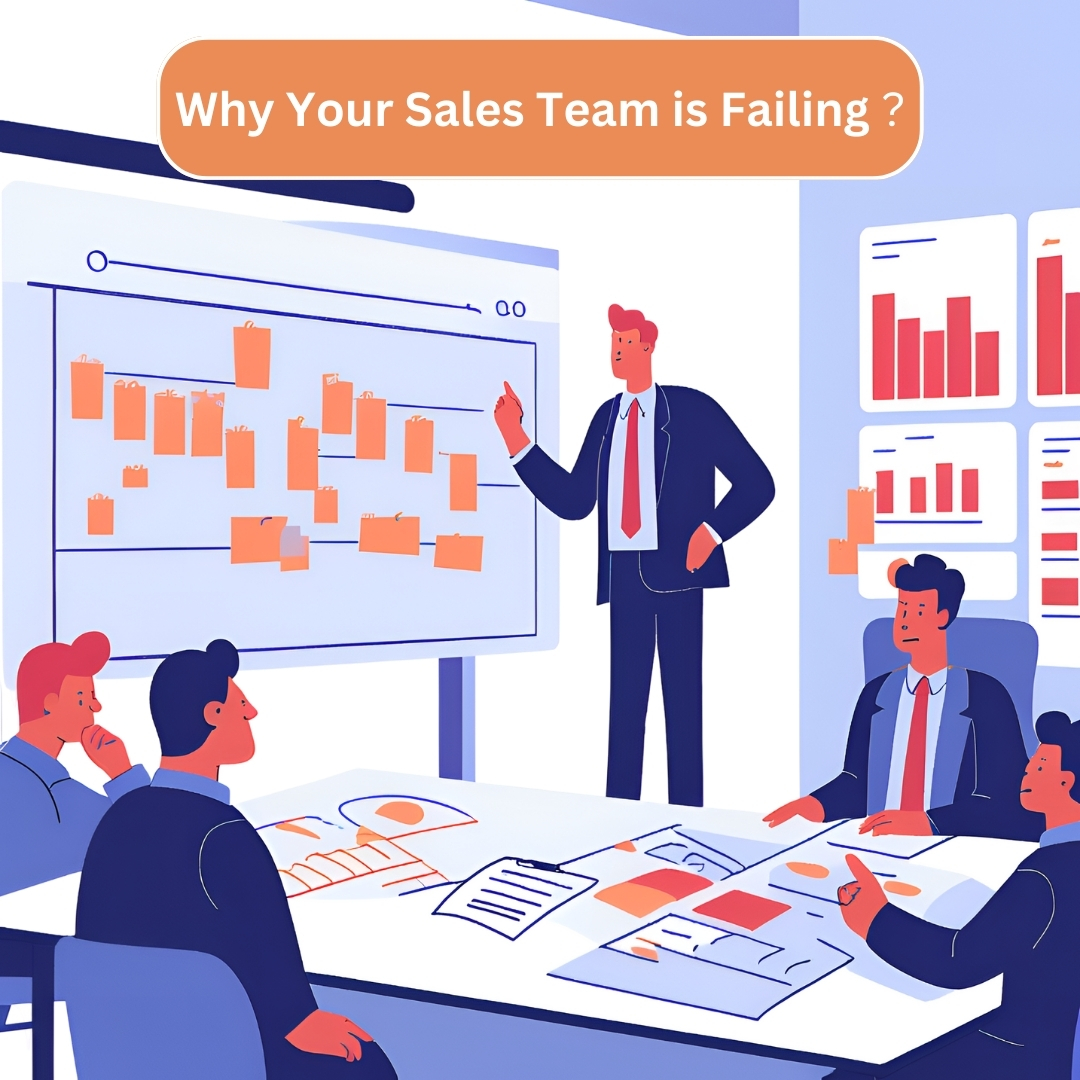The Importance of Marketing in Small Business Growth
Small businesses are the backbone of any economy, driving innovation, providing jobs, and contributing to community development. However, in today’s competitive market landscape, small businesses face numerous challenges, including limited resources, fierce competition, and the constant pressure to innovate. One of the most critical factors that can determine the success or failure of a small business is its marketing strategy. In this comprehensive guide, we will explore the importance of marketing in small business growth, discuss the role of marketing in expanding small businesses, and explain how it drives long-term success.
The Foundation of Business Growth: Understanding Marketing
Marketing is often misunderstood as simply selling or advertising. However, marketing encompasses a much broader scope. It is the process of creating, communicating, delivering, and exchanging offerings that have value for customers, clients, partners, and society at large. Marketing is the bridge between a business and its customers, and it plays a pivotal role in creating and sustaining demand, relevance, and reputation in the marketplace.
For small businesses, marketing is not just an optional activity—it is a necessity. Without effective marketing, even the best products and services can go unnoticed. Marketing helps small businesses to reach their target audience, build brand awareness, establish a loyal customer base, and ultimately, achieve sustainable growth.
The Role of Marketing in Small Business Growth
- Building Brand Awareness
- Attracting and Retaining Customers
- Differentiating Your Business from Competitors
- Driving Sales and Revenue Growth
- Building Customer Loyalty and Advocacy
Brand awareness is the extent to which customers are familiar with your brand and recognize it. For small businesses, building brand awareness is crucial because it lays the foundation for customer loyalty and trust. Marketing plays a vital role in creating brand awareness through various channels, such as social media, content marketing, email marketing, and search engine optimization (SEO)
By consistently communicating your brand’s message and value proposition, you can position your business as a trusted and recognizable name in your industry. This recognition not only helps attract new customers but also reinforces the loyalty of existing ones
One of the primary goals of marketing is to attract and retain customers. Marketing strategies such as content marketing, email campaigns, and online advertising allow small businesses to reach a larger audience and generate leads. However, attracting customers is only half the battle; retaining them is equally important.
Effective marketing strategies focus on nurturing relationships with customers by providing value and maintaining regular communication. By understanding your customers’ needs and preferences, you can tailor your marketing efforts to keep them engaged and coming back for more
In a crowded market, small businesses must differentiate themselves from competitors to stand out. Marketing helps small businesses to communicate their unique value proposition and what sets them apart from others in the industry.
Whether it’s through unique branding, superior customer service, or innovative products, marketing allows small businesses to carve out a niche and position themselves as the go-to choice for their target audience
Marketing is directly linked to sales and revenue growth. By generating leads, converting them into customers, and encouraging repeat purchases, marketing drives sales and contributes to the bottom line. Small businesses that invest in effective marketing strategies often see a significant increase in revenue.
Moreover, marketing helps small businesses to identify new opportunities for growth, such as expanding into new markets, launching new products, or targeting different customer segments. By continually adapting and evolving their marketing strategies, small businesses can sustain long-term growth and profitability
Customer loyalty is the key to long-term business success. Loyal customers are more likely to make repeat purchases, refer your business to others, and become brand advocates. Marketing plays a crucial role in building and maintaining customer loyalty.
Through personalized marketing efforts, such as loyalty programs, exclusive offers, and regular communication, small businesses can create a strong emotional connection with their customers. Satisfied and loyal customers are more likely to spread positive word-of-mouth, which can significantly impact your business’s growth
How Marketing Drives Long-Term Success ?
Creating a Sustainable Competitive Advantage
A well-executed marketing strategy can create a sustainable competitive advantage for small businesses. By consistently delivering value to customers and staying ahead of market trends, small businesses can establish themselves as leaders in their industry.
Marketing allows small businesses to stay connected with their customers, understand their evolving needs, and adapt to changes in the market. This agility and responsiveness give small businesses a competitive edge, enabling them to thrive in the long run.
Enhancing Brand Equity
Brand equity refers to the value that a brand adds to a product or service. High brand equity means that customers perceive your brand as valuable, trustworthy, and of high quality. Marketing is instrumental in building and enhancing brand equity.
Through consistent branding, quality content, and positive customer experiences, marketing helps small businesses to strengthen their brand equity. A strong brand not only attracts customers but also commands higher prices and fosters customer loyalty.
Maximizing Return on Investment (ROI)
Marketing is an investment in your business’s future. However, it’s essential to measure the effectiveness of your marketing efforts to ensure a positive return on investment (ROI). Small businesses often operate on tight budgets, so maximizing ROI is critical.
By leveraging data and analytics, small businesses can track the performance of their marketing campaigns, identify what’s working, and optimize their strategies for better results. Marketing automation tools, customer relationship management (CRM) systems, and SEO are some of the tools that can help small businesses maximize their marketing ROI.
Adapting to Market Changes
The business landscape is constantly evolving, and small businesses must be able to adapt to these changes to survive and thrive. Marketing plays a key role in helping small businesses to stay agile and responsive to market shifts.
By staying informed about industry trends, customer preferences, and emerging technologies, small businesses can adjust their marketing strategies to meet the changing demands of the market. This adaptability is crucial for long-term success in a competitive environment.
Fostering Innovation and Growth
Innovation is the lifeblood of business growth. Marketing encourages small businesses to think creatively, experiment with new ideas, and take calculated risks. Whether it’s launching a new product, entering a new market, or trying out a new marketing channel, innovation is essential for staying ahead of the competition.
Marketing provides small businesses with the insights and tools they need to innovate and grow. By continuously refining their marketing strategies and exploring new opportunities, small businesses can achieve sustained growth and success.
Implementing an Effective Marketing Strategy
To fully realize the benefits of marketing, small businesses must implement an effective marketing strategy. Here are some key steps to consider
Define Your Target Audience
Understanding your target audience is the foundation of any successful marketing strategy. Identify who your ideal customers are, what they need, and where they can be found. This information will guide your marketing efforts and ensure that you’re reaching the right people with the right message.
Set Clear Goals and Objectives
What do you want to achieve with your marketing efforts? Whether it’s increasing brand awareness, generating leads, or boosting sales, setting clear goals and objectives will help you stay focused and measure your success.
Develop a Unique Value Proposition
Your unique value proposition (UVP) is what sets your business apart from competitors. Clearly articulate what makes your products or services different and why customers should choose you over others.
Choose the Right Marketing Channels
There are numerous marketing channels available, from social media and email marketing to content marketing and SEO. Choose the channels that are most effective for reaching your target audience and achieving your goals.
Create High-Quality Content
Content is the heart of modern marketing. Whether it’s blog posts, videos, or social media updates, creating high-quality content that resonates with your audience is essential for building trust and driving engagement.
Measure and Optimize Your Efforts
Regularly monitor the performance of your marketing campaigns and make adjustments as needed. Use analytics tools to track key metrics such as website traffic, conversion rates, and customer engagement.
Conclusion: The Power of Marketing in Small Business Growth
Marketing is not just a function of business; it is the driving force behind growth and success. For small businesses, effective marketing is the key to building brand awareness, attracting and retaining customers, differentiating from competitors, and driving sales and revenue growth.
As India’s only Grant Cardone Certified Business Coach with 25 years of experience, I understand the unique challenges that small businesses face. My Marketing Mastery program is designed to provide business owners with the tools, strategies, and support they need to harness the power of marketing and achieve long-term success.
By focusing on what truly matters—creating value, building relationships, and staying ahead of the competition—you can unlock your business’s full potential and thrive in today’s competitive market.









